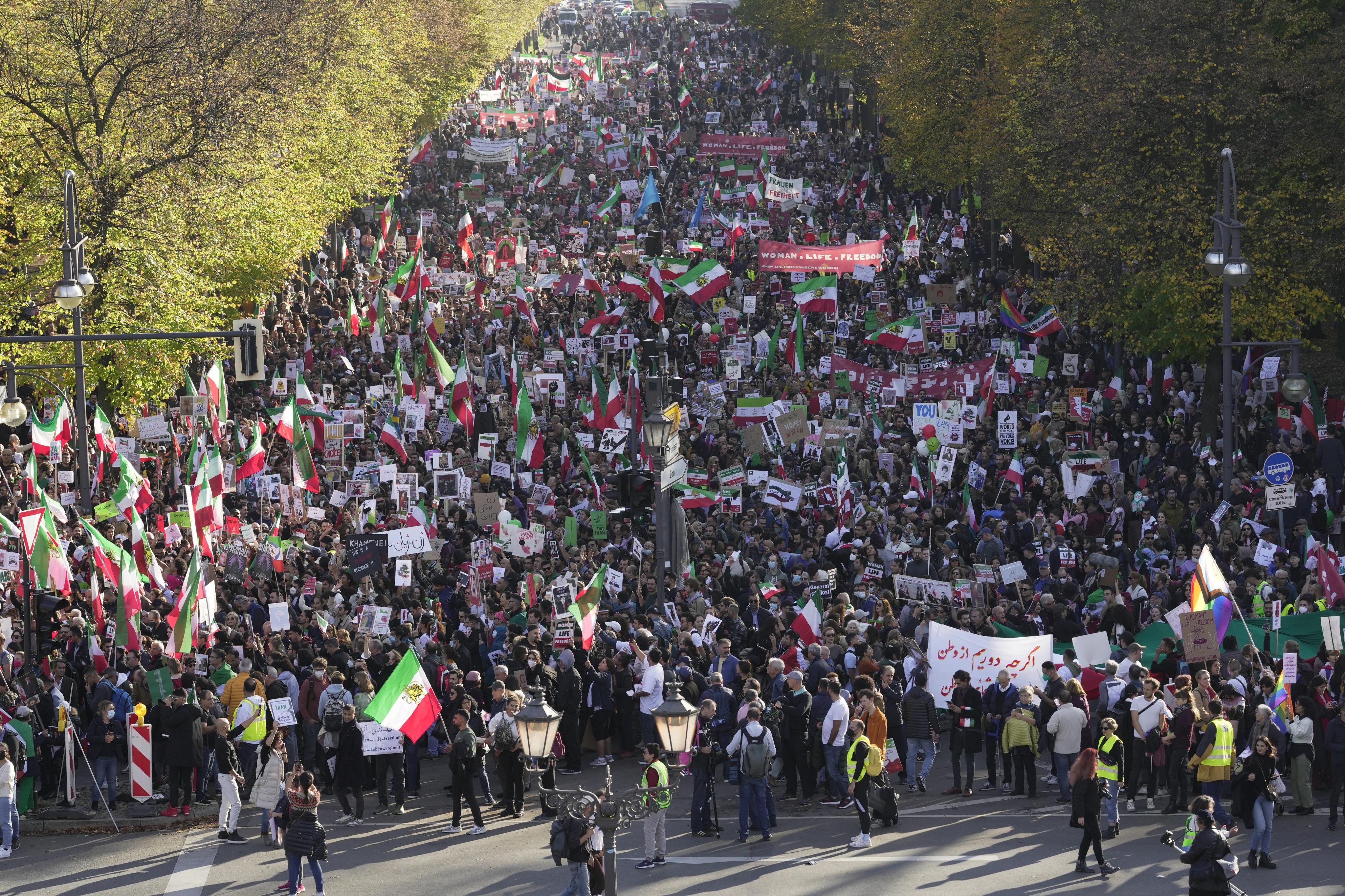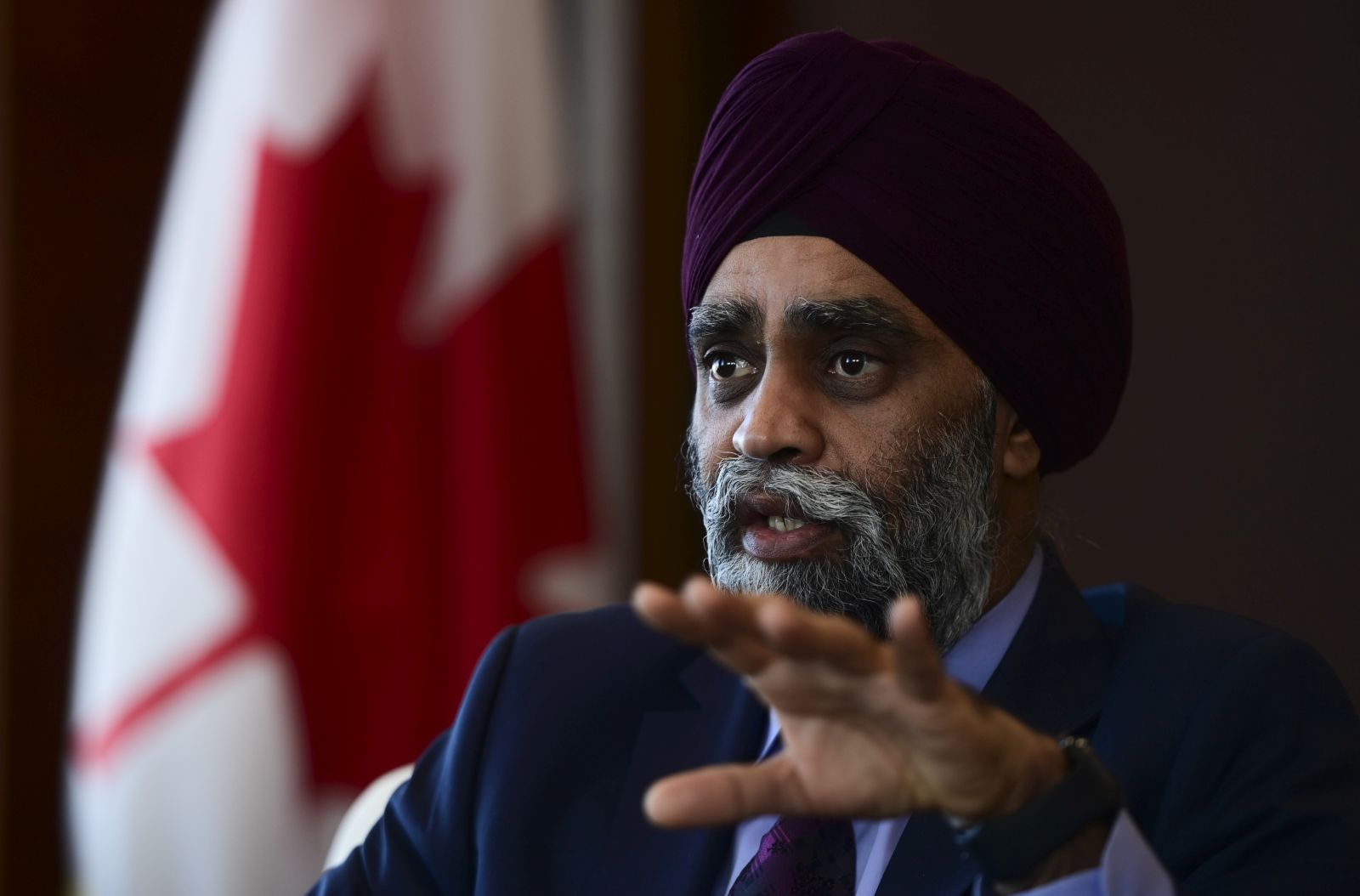George Soros
Mission inspired by Karl Popper’s liberal philosophy

The OSF were founded in 1979 by George Soros, a Budapest-born Jew who fled Hungary after World War II for the UK and later the US, where he made his fortune as a Wall Street investor. His hedge fund wielded considerable political influence in 1992, when, by speculating against the pound, it forced the UK to leave the EU’s exchange rate mechanism.
The OSF mission is “to build vibrant and tolerant societies whose governments are accountable and open to the participation of all people”. It is inspired by the teachings of the philosopher Karl Popper, Soros’s former professor at the London School of Economics. Popper’s most famous book is a manifesto for liberal democracy with the title “The open society and its enemies”. In October 2017, Soros transferred another $ 18 billion to the OSF, raising his lifetime total donations to $ 32 billion.
The OSF network has contributed to promoting individual freedoms in formerly Communist countries as well as post-apartheid South Africa. In many countries OSF affiliates support civil society, promoting democratic freedoms, social justice and human rights. The network has financed hospitals, welfare and environmental organisations and health research. OSF funding also helps to ensure the human rights of women, ethnic minorities and refugees and counteracts racist and homophobic agitation.
There is no OSF “masterplan”, only localised funding. Moreover, the OSF organisation is complex and bureaucratic, mostly avoiding public attention. These aspects make it a perfect bogeyman for policymakers with authoritarian leanings.
For obvious reasons, some regimes do not appreciate support for independent organisations that fight corruption and demand democratic governance. Most notoriously, Russia banned the OSF as an “undesirable organisation” in 2015, after nearly three decades of OSF operations in the country. The OSF response was: “In the past, our efforts have been welcomed by Russian officials and citizens, and we regret the changes that have led the government to reject our support to Russian civil society and ignore the aspirations of the Russian people.”
Populist leaders around the world are increasingly scapegoating the OSF and are keen on banning its activities. Governments are copying anti-NGO laws from other countries (see Frank Priess in D+C/E+Z e-Paper 2017/02, page 16), and attacks on the OSF have occurred in China, India, Kenya and elsewhere. The Hungarian government is perhaps running the most aggressive anti-Soros campaign so far (see main article).
In the USA, Soros has spent heavily on causes such as reforming criminal justice and stemming HIV/AIDS. Most Republicans consider Soros a left-leaning liberal. Indeed, he generously supported Hillary Clinton, the Democratic candidate in last year’s US presidential election. (dn)
Link
Open Society Foundations:
www.opensocietyfoundations.org/










